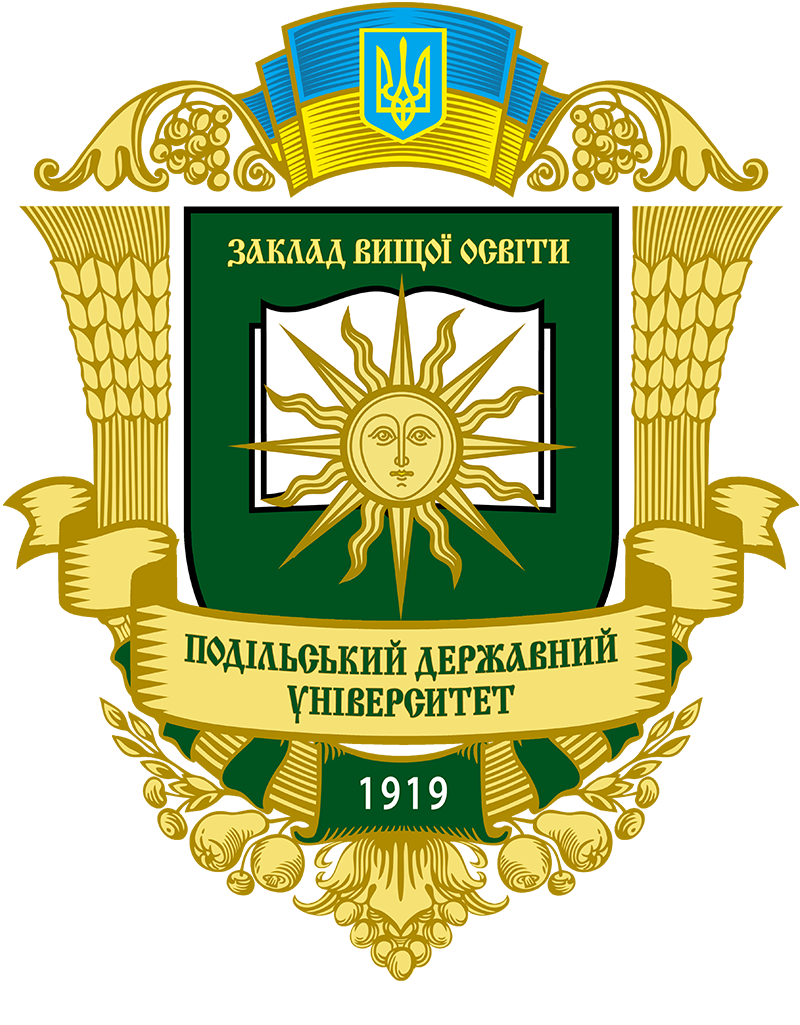ENHANCING EDUCATIONAL ACCESSIBILITY FOR STUDENTS WITH DYSLEXIA IN UKRAINE AND BEYOND
DOI:
https://doi.org/10.37406/2521-6449/2024-2-10Keywords:
dyslexia, educational accessibility inclusive education, learning difficulties, academic support, Ukraine, international experienceAbstract
Dyslexia is a neurological disorder characterized by persistent difficulties in reading and writing, affecting millions globally, with estimates ranging from 50 to 100 million people in the European Union alone. In the United States, approximately 15 to 20 percent of schoolchildren exhibit some degree of dyslexia symptoms. This condition primarily manifests as challenges in recognizing the order of letters in words, which can hinder reading fluency and comprehension. While typical students may overcome these difficulties by the end of the first grade, individuals with dyslexia often face such challenges throughout their educational journeys. This paper explores the experiences of various countries in addressing dyslexia and analyzes the specific measures being implemented in Ukraine to create accessible educational environments for all students. Historically, the understanding of dyslexia has evolved from early medical hypotheses, which attributed reading difficulties to brain damage or visual impairments, to contemporary interpretations focusing on phonological processing and linguistic factors. Research highlights that poor reading abilities stem from deficits in phonological word processing rather than visual issues, emphasizing the need for phonetic skills and morphological knowledge in reading development. With the rise of specialists such as speech therapists and pathologists, significant strides have been made in supporting individuals with dyslexia. Effective coping strategies and appropriate educational resources are essential for fostering high academic aspirations and self-esteem among these students. By learning from international best practices and focusing on inclusive educational frameworks, Ukraine can enhance support systems for students with dyslexia, ensuring equitable access to quality education and promoting a culture of understanding and acceptance in the academic community.
References
Gayán Guardiola, J. (2001). The Evolution of Research on Dyslexia. Anuario De Psicología, 32, 3-30.
Miles, T. R., & Miles, E. (1999). Dyslexia in a hundred years (2nd ed., rev.). Buckingham.
Morgan, W. P. (1896). A case of congenital word blindness. British Medical Journal, 7 (2), 1378–1389.
Paulesu, E., Demonet, J. F., Fazio, F., McCrory, E., Chanoine, V., Brunswick, N. et al. (2001). Dyslexia: cultural diversity and biological unity. Science, 291, 2165–2187. DOI: 10.1126/science.1057179
Ricketts, J., Davies, R., Masterson, J., Stuart, M., Duff, F. J. (2016). Evidence for semantic involvement in regular and exception word reading in emergent readers of English. Journal of Experimental Child Psychology, 150, 330–345. DOI: 10.1016/j.jecp.2016.05.013
Stein, D. S., Blum, N. J., Barbares, W. J. (2011). Developmental and behavioral disorders through the life Span. In Pediatrics, 128, 364–373.
The International Dyslexia Association: Dyslexia Basics: website. URL: http://www.interdys.org/ewebeditpro5/upload/DyslexiaBasicsREVMay2012.pd
Dandan, L., Shaojie, D. (2022). Dyslektychni rozlady u shkoliariv pochatkovoi shkoly: osoblyvosti navchannia ta sotsializatsii [Dyslexic Disorders in Primary School Schoolchildren: Features of Learning and Socialization]. Bulletin of Taras Shevchenko National University of Kyiv. Psychology, 2(16), 10–13 [in Ukrainian].
Ilyana, V. M. (2023). Dysleksiia: pidtrymka dytyny z osoblyvymy movlennievymy potrebamy v osvitnomu seredovyshchi [Dyslexia: support for a child with special speech needs in the educational environment]. Kyiv [in Ukrainian].
Osvitnii sait «Osvitoriia» [Osvitoria educational website]. URL: https://osvitoria.media/ru/experience/cheskyj-universytetimeni-masaryka-yak-zrobyty-navchannya-dostupnym-dlya-vsih-2/ [in Ukrainian].
Prosina, O. V., Budagyan, A. S. (2022). Aktualni aspekty profesiinoi diialnosti pedahoha: dysleksiia yak realiia suchasnoi shkoly [Current aspects of professional activity of a teacher: dyslexia as a reality of a modern school]. Innovative Pedagogy, 44 (2), 92–97. DOI: 10.32843/2663-6085/2022/44/2.19 [in Ukrainian].
Romanuk, L.P. (2012). Vyvchennia poshyrenykh rozladiv navchannia maibutnimy vchyteliamy inozemnykh mov v Izraili [Studying Common Learning Disorders Among Future Foreign Language Teachers in Israel]. Modern Information Technologies and Innovative Teaching Methods in Training Specialists: Methodology, Theory, Experience, Problems, 29, 455–459 [in Ukrainian].
Shcherba, N. S. (2020). Inshomovna osvita ditei z osoblyvymy potrebamy: veb-kvesty,keisy ta testy [Foreign Language Education of Children with Special Needs: Web Quests, Cases and Tests]. Zhytomyr: Vyd-vo ZhDU imeni Ivana Franka [in Ukrainian].








